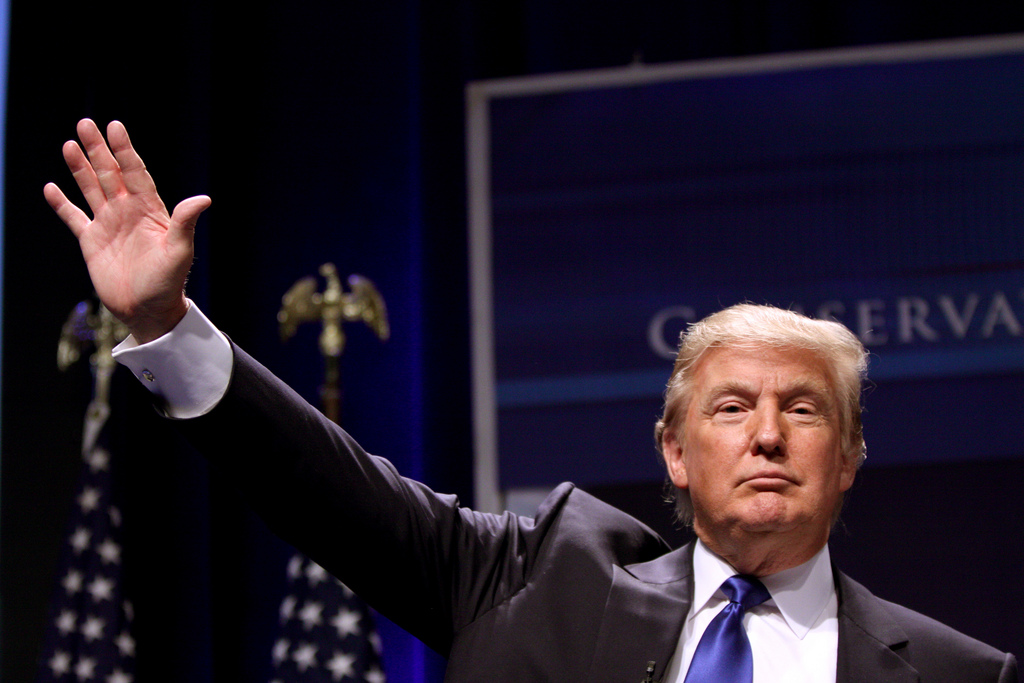I am putting together a series of posts about evangelicalism after Trump with a particular focus on our political future after the nomination of Donald Trump by the Republican party. This first post in the series is from Mere O founder Matthew Lee Anderson. I’ll be putting something up later today. I also hope to get contributions from a few other contributors as well. Anyway, here’s Matt:
Last night’s results mean that Donald Trump will almost certainly win the Republican nomination for the Presidency. In light of these events, I have been asked by a few people to update my previous body of commentary on our current political environment.
And perhaps there is some need to do so.
I will not vote for Donald Trump. I have not, and will not, waver or hesitate in my resolve on this matter. It is a conclusion that is as obvious to me as my own existence: I cannot doubt it, for to do so would be to fundamentally oppose all that I have thought and stood for since I first wrote a public word some 13 odd years ago.
Login to read more
Sign in or create a free account to access Subscriber-only content.
Topics:
